Should You Keep a Capuchin Monkey as a Pet?
Updated on 04/26/24
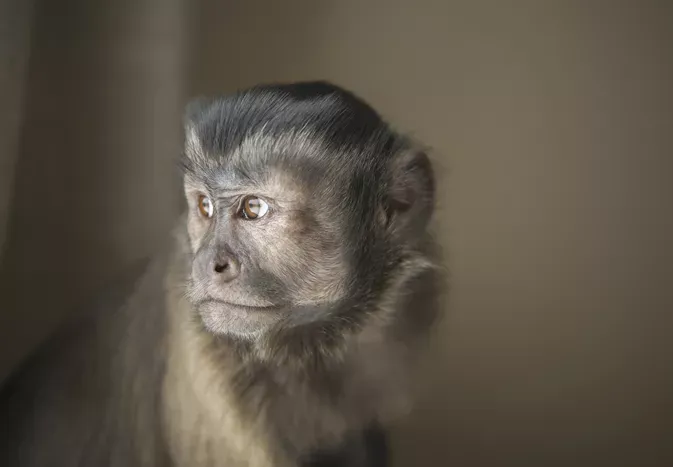
Should You Keep a Capuchin Monkey as a Pet?
Capuchin monkeys are intelligent, playful, and curious creatures that can make captivating companions. However, before you decide to bring one into your home, it's crucial to understand the complex responsibilities and challenges involved in keeping a capuchin monkey as a pet.
Pros of Keeping a Capuchin Monkey as a Pet:
* Intelligence: Capuchins are highly intelligent primates, capable of complex problem-solving, tool use, and communication.
* Affectionate: They form strong bonds with their owners, providing affection and companionship.
* Playful: Capuchins are energetic and playful animals that love to climb, swing, and explore their surroundings.
* Lifespan: They can live for 20-25 years, offering a long-term commitment.
Cons of Keeping a Capuchin Monkey as a Pet:
* Specialized Care: Capuchins have unique dietary, housing, and enrichment needs that can be challenging to meet.
* Cost: The initial purchase price, ongoing care, and potential medical expenses can add up to a significant investment.
* Time Commitment: Capuchins require a large amount of time and attention for feeding, enrichment, grooming, and socialization.
* Potential Dangers: They can be unpredictable, bite, or scratch if they feel threatened.
* Legal Restrictions: In many jurisdictions, keeping capuchins as pets is restricted or prohibited due to concerns about their welfare and public safety.
Examples of Specialized Care Requirements:
* Diet: Capuchins require a varied diet that includes fruit, vegetables, insects, and primate chow.
* Housing: They need a spacious enclosure with ample climbing space, toys, and enrichment activities.
* Enrichment: Provide puzzle toys, foraging opportunities, and supervised outdoor time to stimulate their cognitive development and prevent boredom.
Potential Medical Issues:
* Dental Problems: Capuchins are prone to dental disease, so regular checkups and teeth cleaning are essential.
* Gastrointestinal Issues: They can suffer from digestive problems, including diarrhea and vomiting.
* Infectious Diseases: Capuchins can contract diseases from humans, other animals, or their environment.
Balancing the Pros and Cons:
Ultimately, the decision of whether or not to keep a capuchin monkey as a pet is a complex and personal one. While they can be rewarding companions, it's essential to weigh the potential benefits and challenges carefully.
Factors to Consider:
* Your lifestyle: Do you have the time, space, and resources to provide adequate care?
* Your family: Are there young children or other pets that may pose a safety risk?
* Your budget: Can you afford the ongoing costs of owning a capuchin monkey?
* Your legal obligations: Check the laws in your jurisdiction regarding the keeping of primates as pets.
Alternatives to Capuchin Monkey Ownership:
If owning a capuchin monkey is not a feasible option, consider alternative ways to interact with these amazing creatures:
* Visit zoos or sanctuaries that provide responsible care for capuchin monkeys.
* Support organizations that work to protect and rehabilitate capuchin monkeys in the wild.
* Educate yourself and others about the challenges and ethical concerns surrounding capuchin monkey ownership.
Conclusion:
Capuchin monkeys are fascinating and intriguing animals, but they are not suitable pets for everyone. Before making a commitment, thoroughly research their care requirements, potential risks, and legal implications. Weigh the pros and cons carefully, and if you decide to proceed, ensure you are fully prepared to provide the specialized care and attention these animals deserve.
Explore More Pets
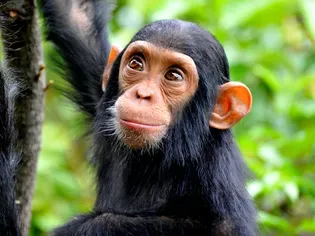
Exotic Pet Species
Should You Keep a Chimpanzee as a Pet?
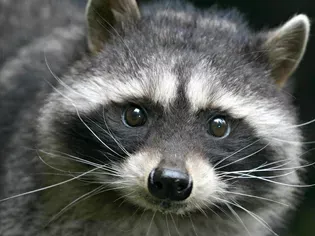
Exotic Pet Species
Should You Keep a Raccoon as a Pet?
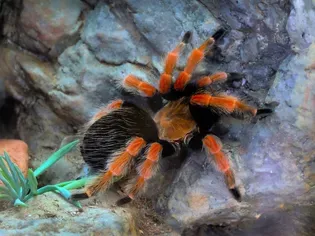
Exotic Pet Species
How to Care for a Pet Mexican Red-Knee Tarantula
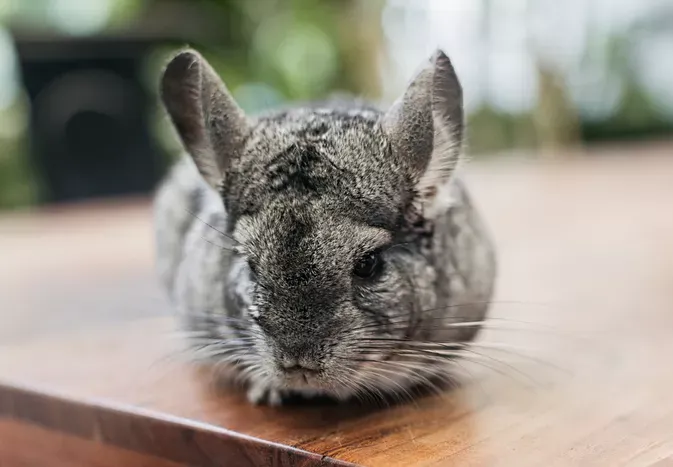
Exotic Pet Species
12 Best Exotic Pets for Apartment Living
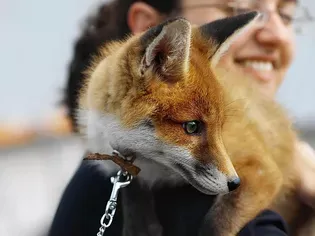
Exotic Pet Species
Best Foxes to Keep as Pets

Exotic Pet Species
Should You Keep a Northern Flying Squirrel as a Pet?

Exotic Pet Species
Should You Keep Stick Insect as a Pet?

Exotic Pet Species
Should You Keep a Big Cat as a Pet?